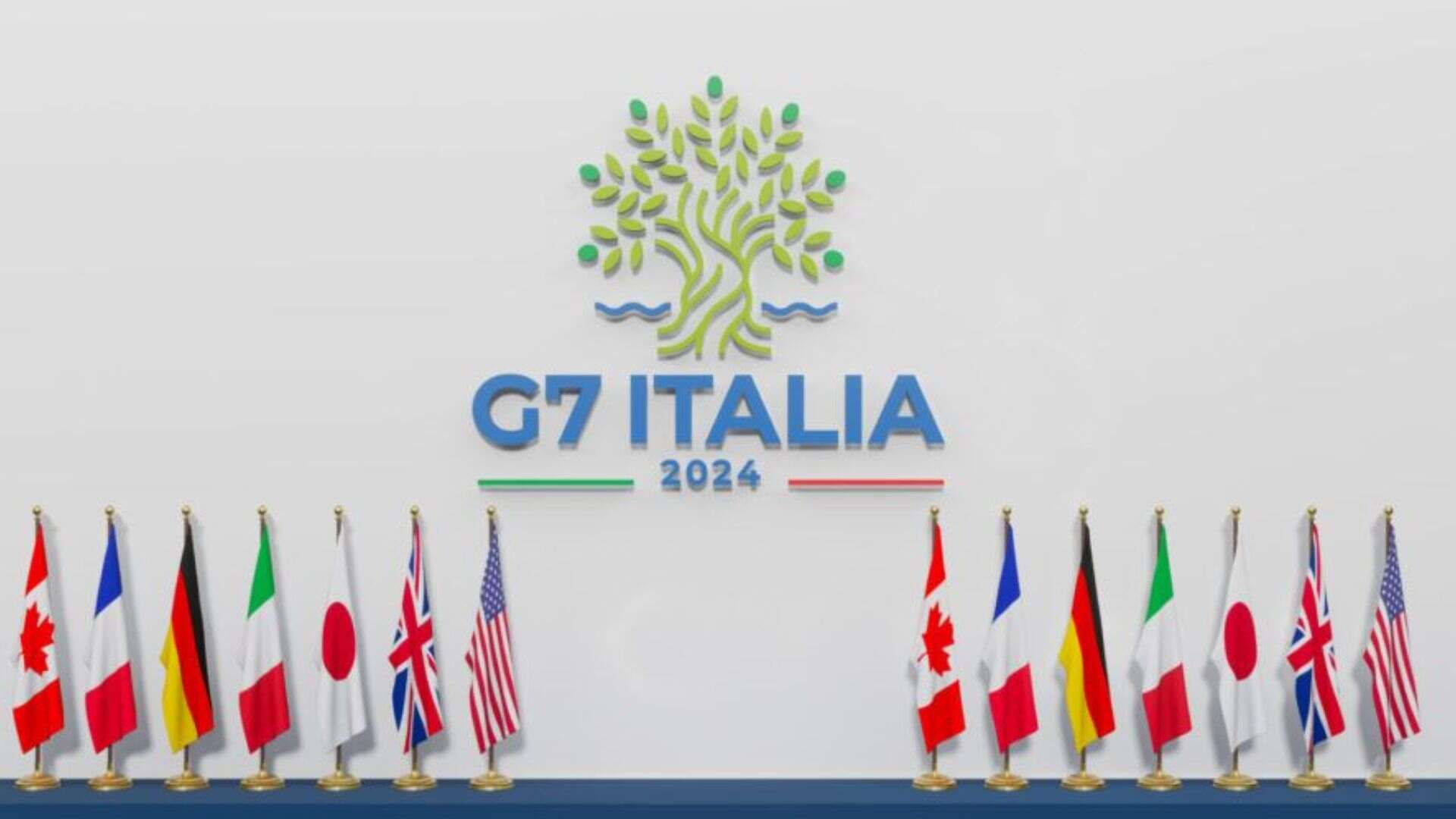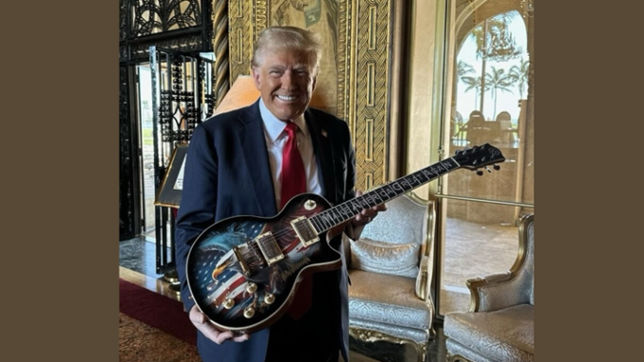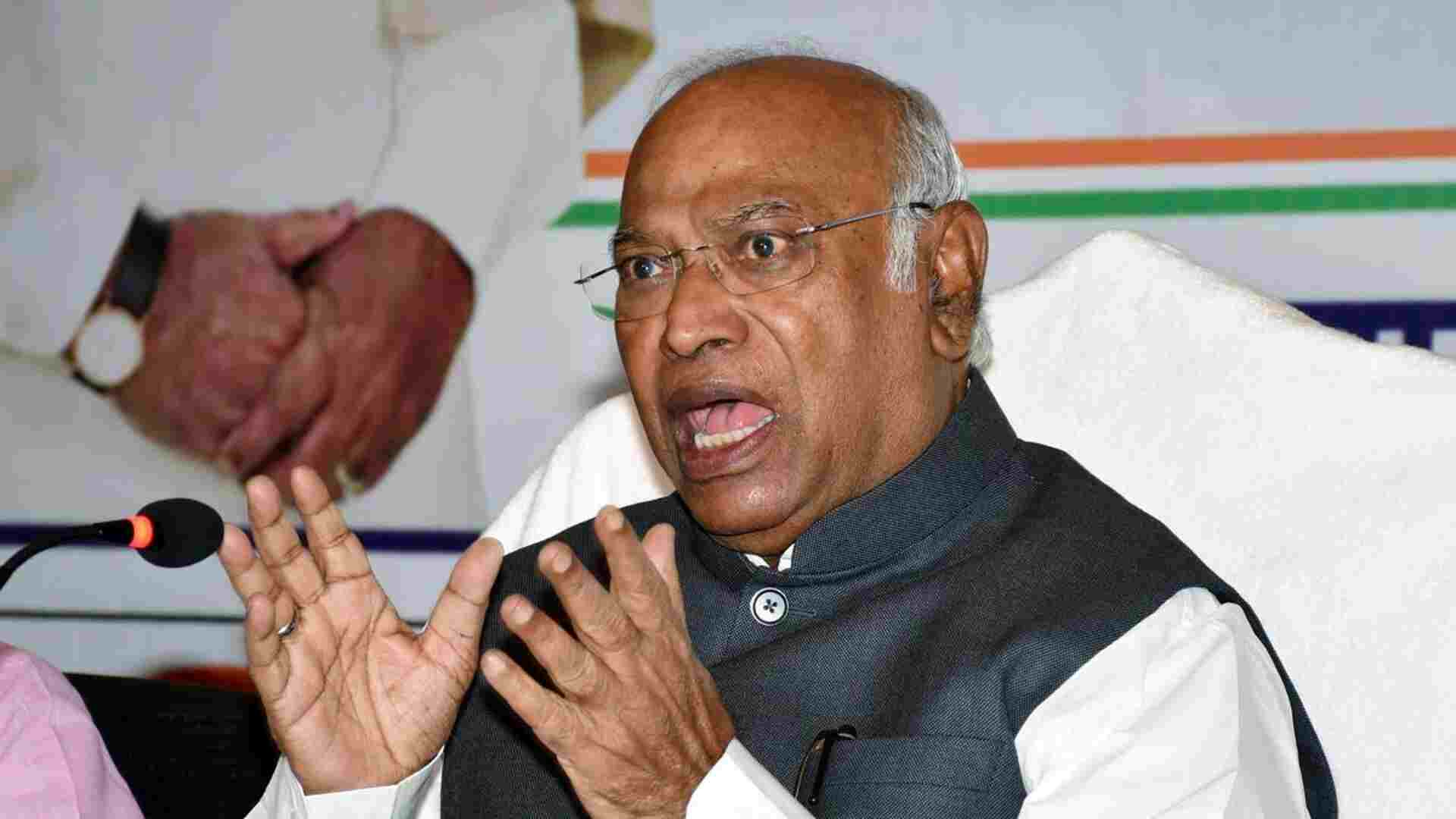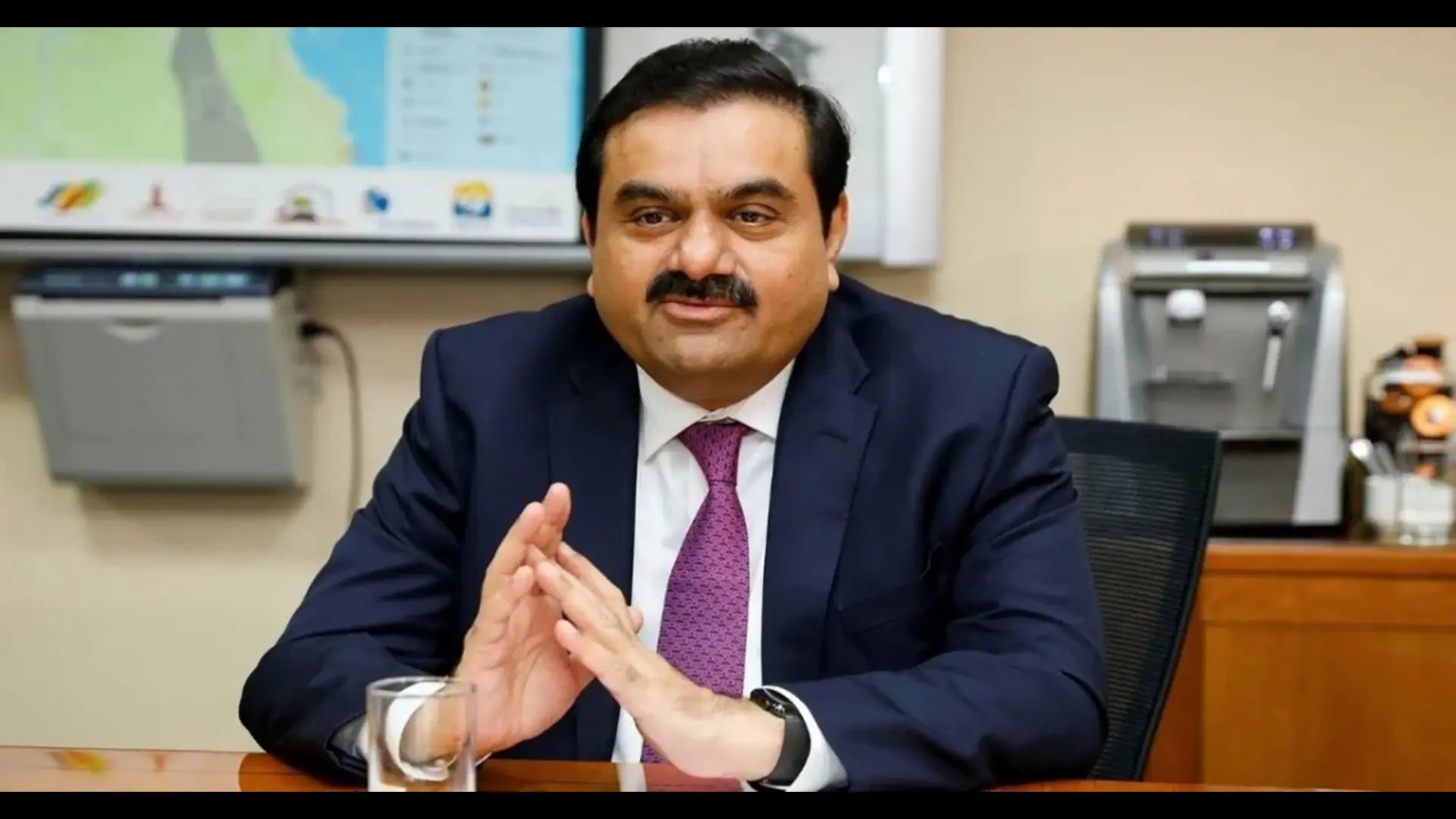
The G7 Summit officially kicks off on Thursday, and as it aims to transform itself and tackle global challenges more inclusively, the real measure of its effectiveness will be its ability to navigate internal differences.
In the charming area of Apulia in Southern Italy, preparations are underway for the G7 Summit, where leaders from some of the wealthiest economies such as Canada, France, Germany, Japan, the UK, the US, and the host country, Italy, will convene.
This year’s G7 summit takes place amidst notable global developments. Europe is undergoing political upheaval due to a crucial election, the US is nearing its elections, and ongoing conflicts in Ukraine and Gaza are impacting global stability. Additionally, Western economies are still dealing with the aftermath of these conflicts.
Italy’s summit agenda is ambitious, focusing on resolving conflicts in Ukraine and Gaza, redefining G7’s ties with developing nations and emerging economies, particularly in the Indo-Pacific, and addressing the impacts of artificial intelligence.
Italian PM Georgia Meloni prioritizes European issues like combatting illegal migration, aiming to push the G7 for a tougher stance from a position of strength. Meloni said, “I am ready to welcome, and I am proud that this nation presents itself at the G7 in Europe with the strongest government of all.”
Italy’s summit has broken tradition by inviting 12 heads of state, surpassing previous hosts like Japan, Germany, and Britain, who invited fewer countries in their turns. Among this year’s invitees is India’s Prime Minister Narendra Modi, marking his first overseas trip in his third term.
Prominent leaders like Brazil’s President Lula da Silva, Argentina’s President Javier Milei, Turkey’s President Recep Tayyip Erdogan, Jordan’s King Abdullah, and Saudi Crown Prince Mohammad bin Salman are expected to attend the G7 summit. This will be the first time a leader from Saudi Arabia has been invited to such a summit. A substantial delegation from Africa is also anticipated to participate.
The G7’s expanded guest list offers many chances for consensus-building. Yet, internal differences must be navigated first to prioritize issues. For instance, the US proposes a $50 billion loan to Ukraine using frozen Russian assets in the West, but this idea hasn’t gained consensus among G7 members.
Ukraine’s President Zelensky has been invited to the summit, and Russia is closely monitoring this. Russian Finance Minister warns of response if G7 uses frozen assets for Ukrainian loan.
Siluanov said, “We have the same opportunities. We have frozen money in EU accounts. We have assets. We will also get income. If there is a decision, we will act similarly. We will respond in kind.”
The G7 discussed China last year, focusing on economic coercion and pledged action, mostly limited to information sharing. This year, calls are to address China’s industrial overcapacity and economic impact, with the US and France advocating steep tariffs on Chinese imports and expressing concerns in the G7 communique. Expectations include a statement of condemnation, though punitive actions are unlikely.
In response, China has already criticized these moves, with Chinese Foreign Ministry spokesperson Mao Ning saying, “The G7’s hyping-up of China’s overcapacity and its attempts to impose restrictions on China’s new energy products are a complete departure from the facts and economic laws, and are protectionism in nature, which are not in the interests of any party.”
The G7 Summit starts on Thursday. While it aims to address global challenges inclusively, managing internal differences will test its effectiveness.















